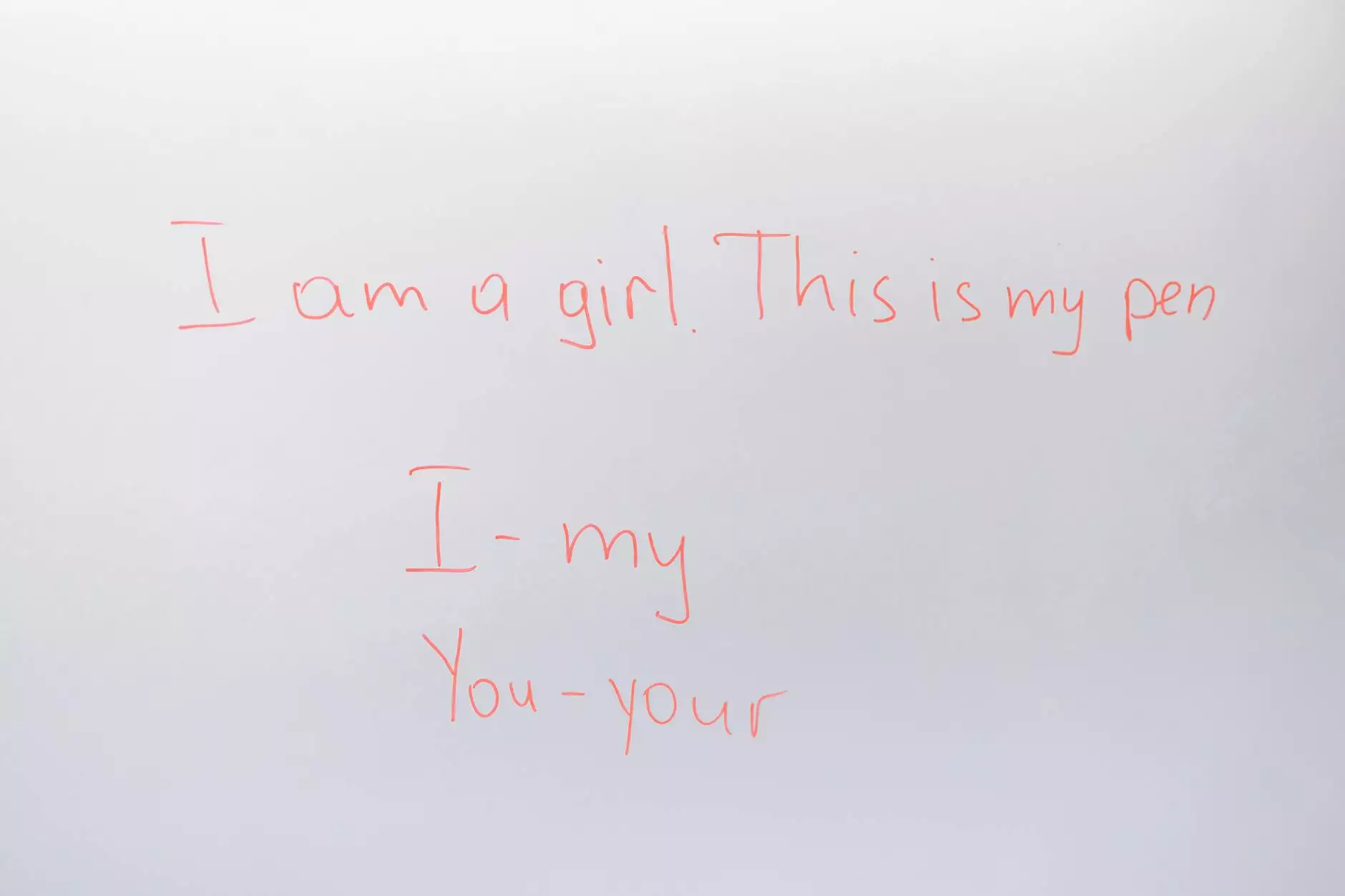10 Phrasal Verbs Using COME
English Grammar Lessons
Welcome to NJCLT's free English lesson where we explore 10 useful phrasal verbs using the word 'come'. Phrasal verbs are an important aspect of the English language and mastering them can greatly enhance your communication skills.
1. Come About
The phrasal verb 'come about' is used when something unexpectedly happens or occurs. It refers to a situation or event taking place without prior planning or anticipation. For instance, a sudden change in weather conditions can come about and catch us off guard.
2. Come Across
'Come across' is a phrasal verb that means to encounter or find something unexpectedly. It can also refer to the way someone appears or behaves. For example, during my travels, I came across a rare book in a small bookstore.
3. Come along
When someone asks you to come along, they are inviting you to join them or accompany them. It implies going somewhere together or participating in an activity. You might receive an invitation like "Would you like to come along to the concert with me?"
4. Come around
'Come around' is often used to indicate a change of opinion or viewpoint. It means to eventually agree to something after initial reluctance or hesitation. For example, after a thorough discussion, my friend finally came around and supported my idea.
5. Come by
When you come by something, you manage to acquire it, either by chance or by effort. It can refer to obtaining an item, information, or even a solution to a problem. For instance, I managed to come by a rare collector's item at an antique fair.
6. Come down
'Come down' is often used when referring to a reduction in price, importance, or intensity. It implies a decrease or decline in some form. You might come across phrases such as "The prices of these products have come down significantly" or "The fever has come down after taking medication."
7. Come in
'Come in' is a commonly used phrasal verb indicating an invitation to enter a place or a location. It is often used when welcoming someone into a room or building. You might hear phrases like "Please, come in and make yourself at home" or "The guests started to come in one by one."
8. Come off
When something comes off, it means it is successful or achieved. It can refer to an event, a plan, or even a performance. You might say "The party last night really came off well" or "The play came off perfectly, and the audience loved it."
9. Come over
'Come over' is often used when inviting or requesting someone to visit your place or come to a specific location. For example, you might say "Why don't you come over to my house for dinner?" or "I'm feeling unwell, could you come over and check on me?"
10. Come up
'Come up' is a phrasal verb that refers to the idea of something arising or occurring. It can be used to describe an upcoming event or a situation that requires attention. For instance, "There's an important meeting that will come up next week" or "A new problem came up during the project."
Understanding and using these 10 phrasal verbs using the word 'come' will greatly enhance your English language skills and enable you to communicate more effectively. Practice incorporating these phrasal verbs into your daily conversations to become more fluent and natural in your English usage.
Remember, NJCLT is here to assist you in your language learning journey. We offer a wide range of resources and lessons to help you master the English language. Visit our website to explore more free English lessons, grammar tips, and vocabulary-building exercises.
Start improving your English language skills with NJCLT today!










